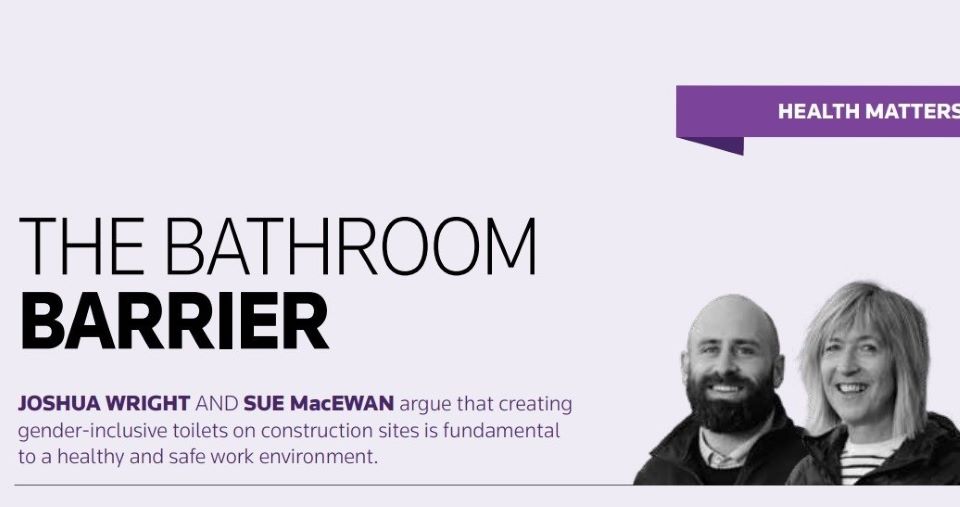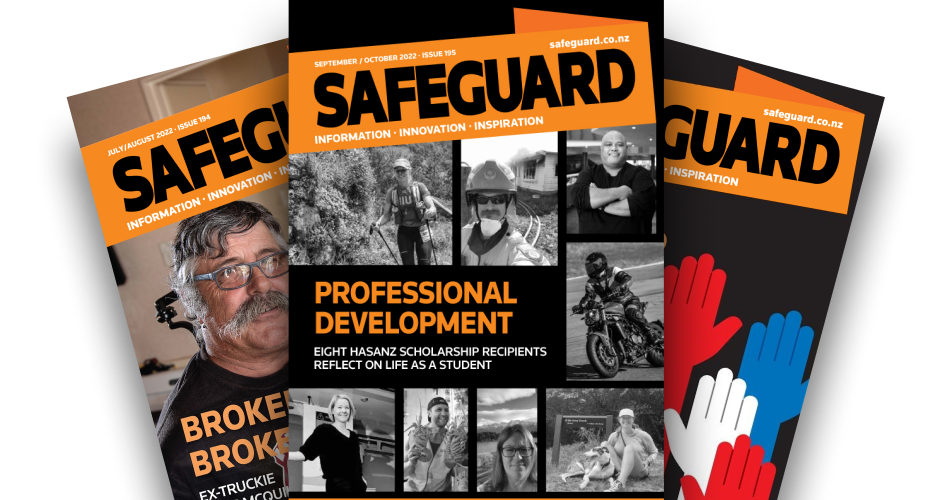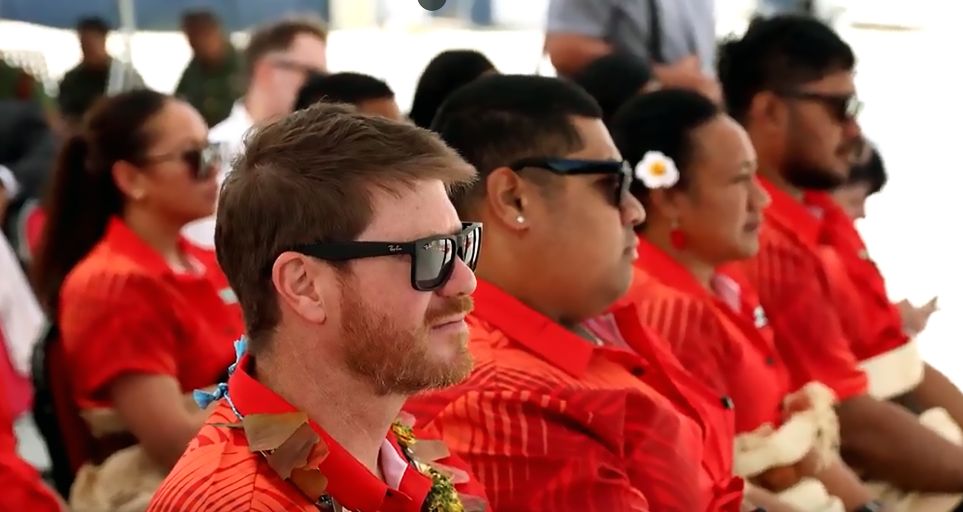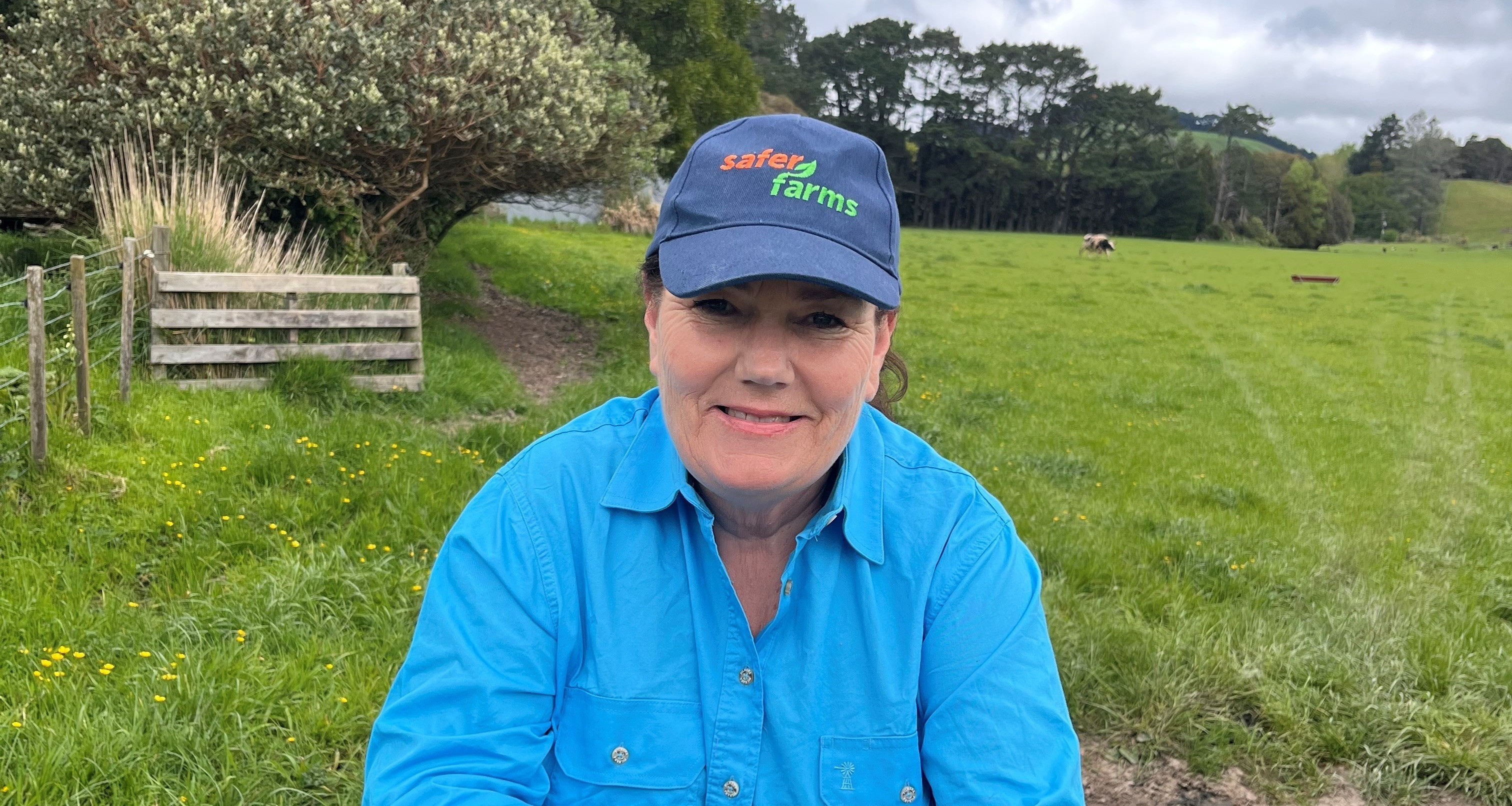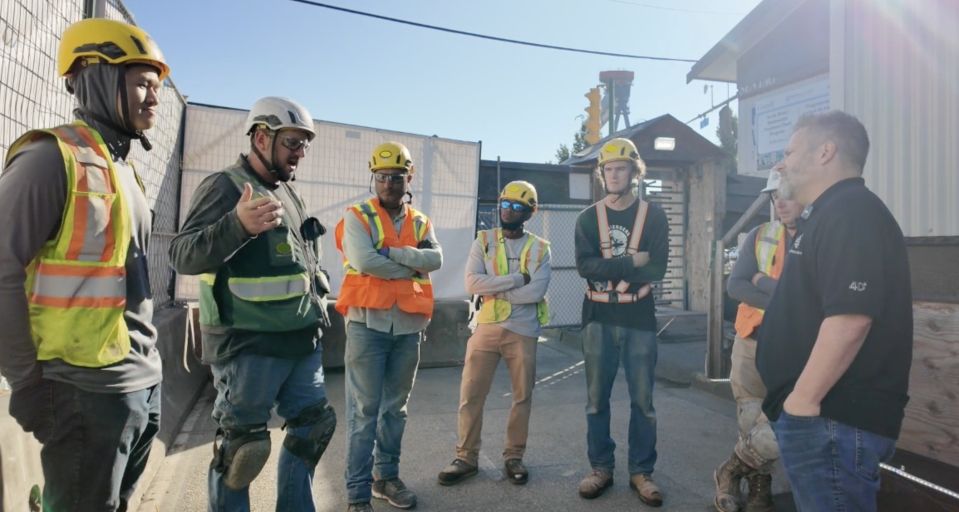The construction industry has made good gains in the struggle for gender inclusivity, leading to a growth in the diversity of its participant workers. Some great community resources for women include Women in Trades, the National Association of Women in Construction, BCITO Building Women, and Ultimit Women in Infrastructure.
To address gender discrimination, much industry attention has been focused on reducing on-site intimidatory behaviour, which has seen progress; however, there are still many overlooked barriers to inclusion that need to be addressed. One such barrier is the provision of suitable toilet facilities. Read what our client, a young female electrical apprentice who wished to stay anonymous, had to say on the matter:
“I was working on this site where they had a container bathroom facility. There were two bathroom stalls and next to them was a urinal and a sink. The bathroom was designed for men. I felt extremely uncomfortable having to wash my hands next to a urinal. I got my supervisor to talk to the site manager about this issue. The site manager said ‘Well none of the other females have complained’ and that I would need to talk to them directly. So I did, they did the bare minimum to solve the problem and didn’t seem to care about it at all.
Most of the sites I have to go to have toilets designed for men. They nearly always don’t have a sanitary bin. Most females in construction have to bring their sanitary products home to dispose of them. You get people saying, ‘You can just throw it in the skip’ or ‘Put it in the paper towel bin’. Which is not sanitary with the way site waste is disposed of.
Also, in general the toilet conditions are not cleaned and maintained as often as they should be, especially portaloos. It is my biggest fear when a portaloo has not been cleaned out in ages. Because it is extremely embarrassing being the only female on site and now your period is visible to the whole site because of the portaloo condition.
I wish that organisations like WorkSafe come onto site they looked at the toilet conditions as a part of their health and safety checks. I would think having a safe, sanitary and unisex toilet on site would be a health and safety issue. It should be a requirement for all sites in Aotearoa.”
There is no excuse
When selecting bathrooms for construction sites main contractors must consider the needs of all workers. WorkSafe’s guidance on the matter titled Facilities on construction sites stipulates the provision for the disposal of sanitary towels on sites where women are present. Portaloo hire companies will provide sanitary bins on request, so there really is no excuse.
Furthermore, WorkSafe’s guidance also stipulates that where conveniences for each sex are provided, they shall be separated by walls of full height.
If going for a unisex approach, choose a design that addresses the following essential requirements:
- Privacy and safety: Choose a design that provides privacy and safety for all users. Adequate partitions, lockable doors, and soundproofing measures should be incorporated into the design to ensure a comfortable experience.
- Hand washing facilities: access to free-flowing water and soap, rather than just hand sanitiser. Avoid placing hand washing directly adjacent to urinals.
- Sanitary options: sanitary bins provided which are clean and regularly emptied.
- Cleanliness – regular cleaning protocols.
- Accessibility – always accessible without having to ask for a key.
An inclusive site culture
Only 15% of New Zealand’s trades workforce is made up of women and many leave their apprenticeships early. This may be because they are confronted with workplace cultures that are non-inclusive and historically masculine.
A lack of appropriate facilities for women reinforces this culture and leaves women feeling sidelined and excluded. If we want to encourage more women into the trades, the industry needs to address this basic human right and provide better facilities for everyone.
Christchurch-based Dr Joshua Wright and Sue MacEwan are business compliance consultants with Safe and Sound Solutions Ltd.
